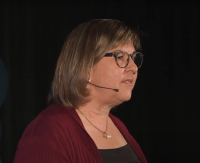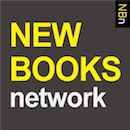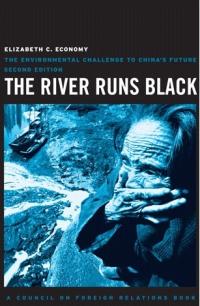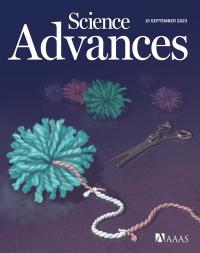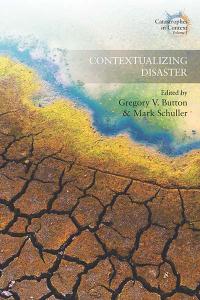“Afterword: Crossing Time, Space, and Species”
In the afterword of a special section on toxic embodiment, Stacy Alaimo distills the collection’s argument for attending to the ways environments, human bodies, and nonhuman bodies are transformed by anthropogenic substances.



